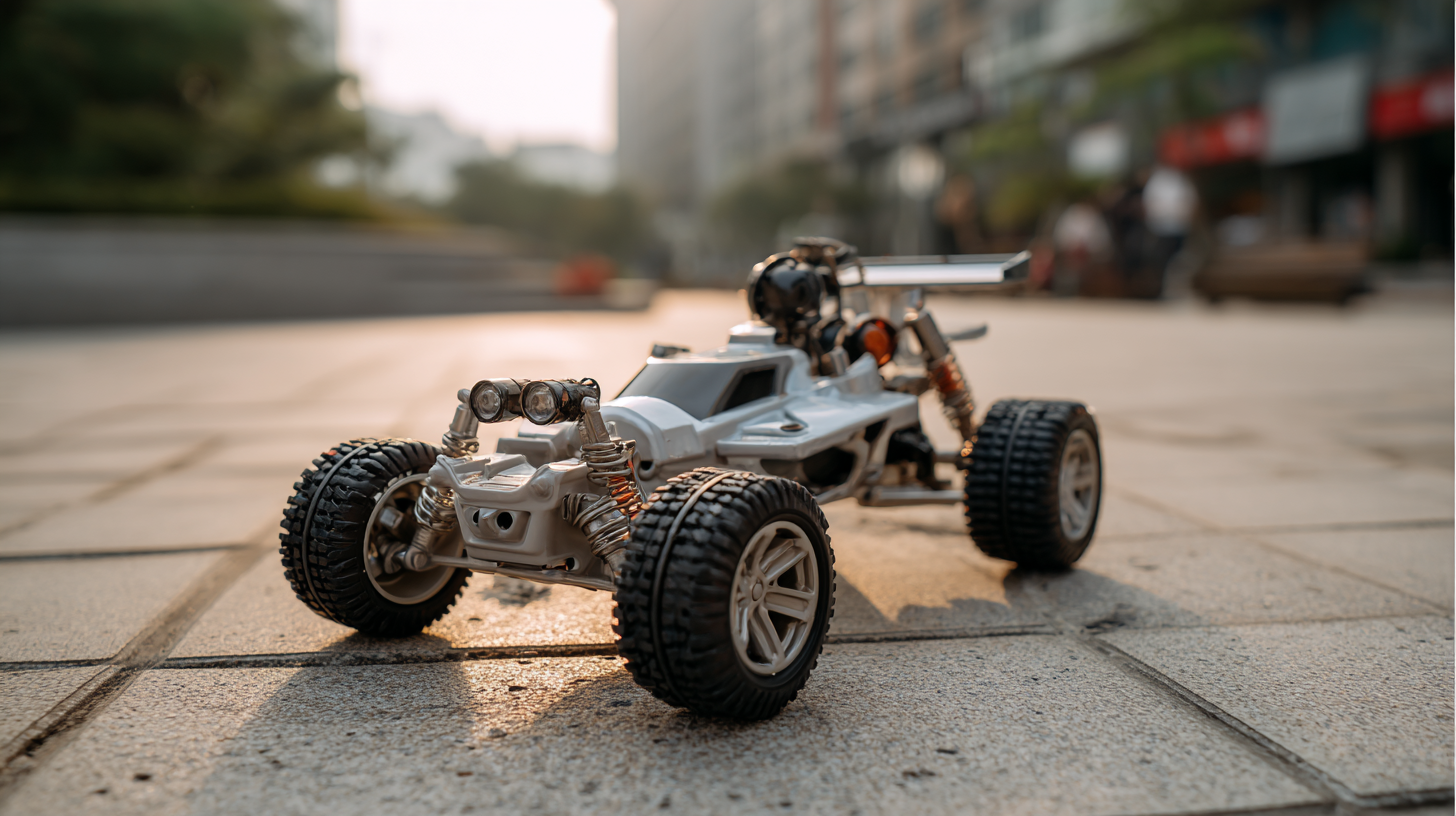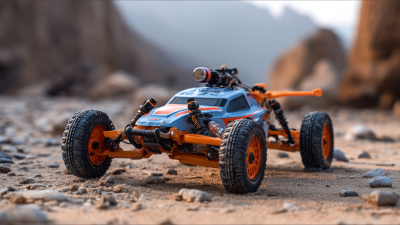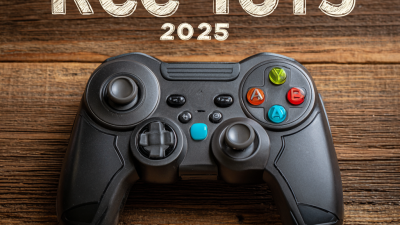The allure of Remote Control Toy Cars goes beyond mere entertainment; these innovative toys play a pivotal role in child development. According to a recent report by the American Psychological Association, engaging with remote-controlled vehicles can enhance fine motor skills and cognitive abilities in children aged 3-10. These toys provide an interactive platform that encourages problem-solving, spatial awareness, and hand-eye coordination as children navigate their cars through various environments.
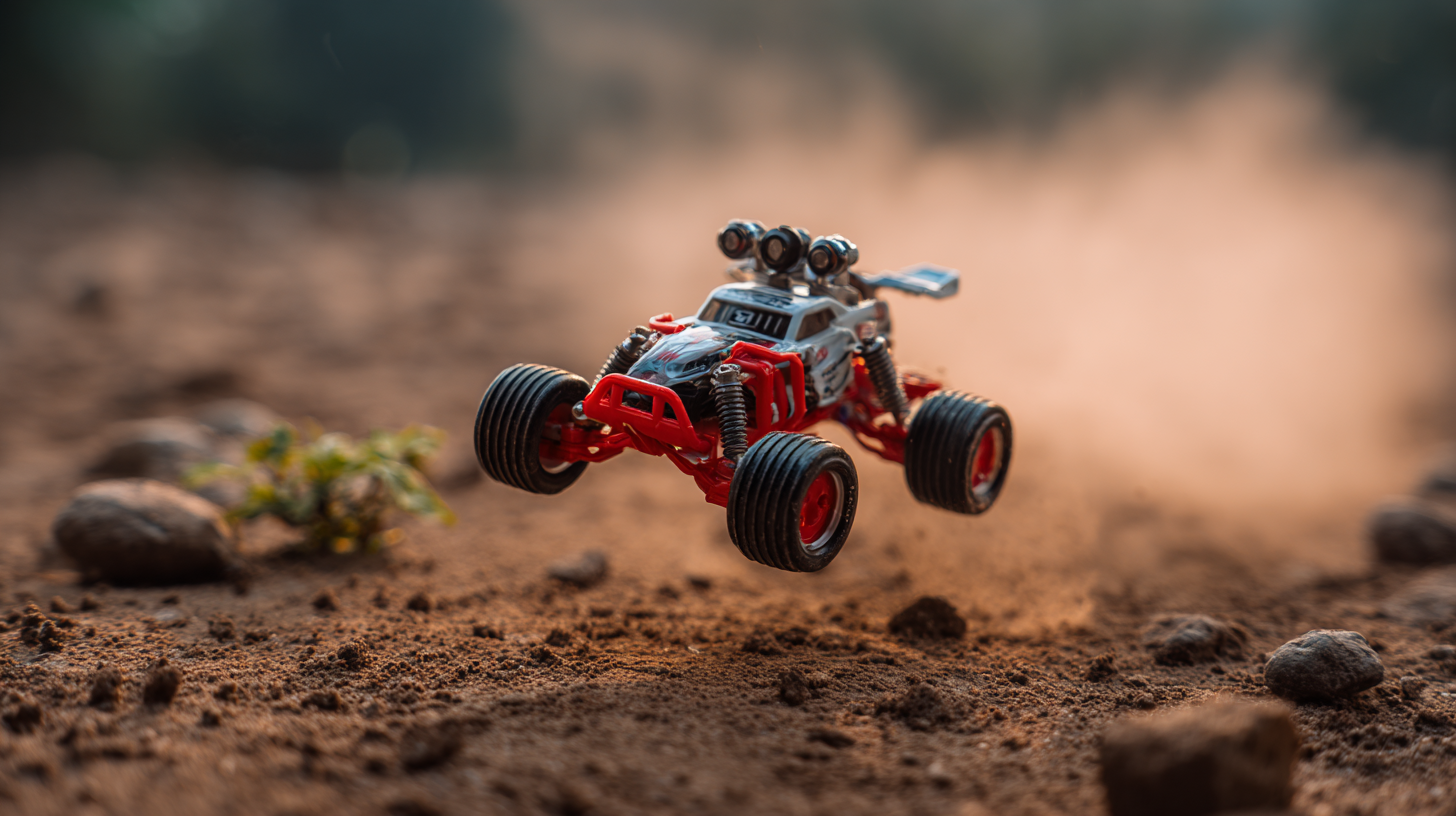
Furthermore, studies indicate that playing with Remote Control Toy Cars fosters social skills, as children often engage in cooperative play, developing teamwork and communication. As the market for remote-controlled vehicles continues to grow, projected to reach $2 billion by 2025, it is essential for parents and educators to recognize the developmental benefits these toys offer and integrate them thoughtfully into playtime routines. The following guide will explore how to effectively utilize Remote Control Toy Cars to support child development.
Remote control toy cars serve as an engaging introduction to the principles of science, technology, engineering, and mathematics (STEM) for children. These toys provide an interactive platform where young minds can explore fundamental engineering concepts. According to a report from the US Department of Education, children exposed to hands-on STEM activities are 30% more likely to pursue STEM-related careers in the future. Remote control cars offer real-world applications of physics, such as mechanics, motion, and energy, allowing children to observe and understand these principles in a fun and compelling way.
The engineering behind remote control cars involves critical design elements such as aerodynamics, weight distribution, and electrical engineering for the remote control system itself. A study published in the Journal of Children's Technology highlighted that children who play with remote control devices develop better problem-solving skills and spatial awareness, which are essential components of engineering education. As they navigate obstacles and optimize their car's performance, children learn about trial and error, reflecting key iterative processes in engineering design. Through this playful interaction, remote control toy cars lay the groundwork for future innovation-driven learning.
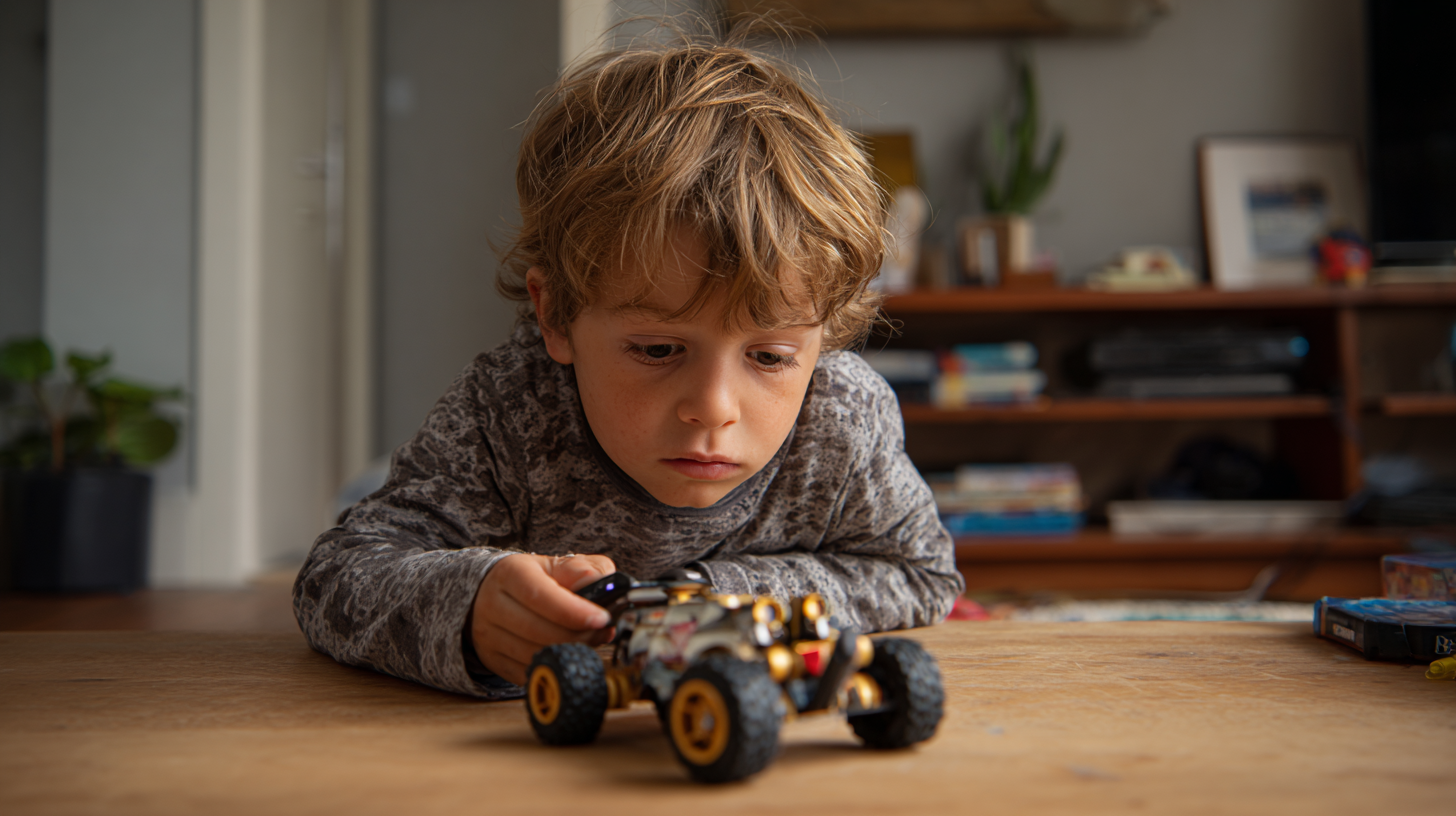
Remote control toy cars are more than just sources of entertainment; they play a significant role in the cognitive development of children. According to a report by the American Psychological Association, engaging with remote control toys can enhance problem-solving skills in children aged 4 to 8. These toys encourage kids to think critically about their actions, as they learn to navigate obstacles and manipulate their vehicles to achieve specific goals. The process of figuring out how to control the car, avoid obstacles, and execute maneuvers fosters a sense of strategy, helping children to develop essential cognitive abilities.
Furthermore, a study from the Journal of Educational Psychology indicates that children who regularly play with remote control toys show a notable increase in spatial awareness and hand-eye coordination. As they experiment with different speeds and directions, youngsters are developing not only their motor skills but also their ability to plan and predict outcomes. This hands-on experience translates to better academic performance, particularly in subjects like mathematics and science, where spatial reasoning is key. Thus, incorporating remote control toy cars into playtime represents a playful yet impactful way to support child development and enhance problem-solving capabilities.
Remote control toy cars offer children an engaging way to develop fine motor skills and coordination. The act of manipulating the remote to navigate the car requires precise hand movements, which can foster dexterity in young users. As children grasp the remote control, they are not only improving their hand strength but also refining their ability to execute coordinated actions, such as steering and accelerating. This hands-on experience is vital for developing the muscle memory that underpins more complex motor skills later in life.
Moreover, playing with remote control cars encourages visual-motor coordination, as children learn to synchronize their actions with the feedback they receive from the car's movements. They must adapt their hand positions and movements based on how the car responds, which sharpens their cognitive skills and enhances their understanding of cause and effect. Through these activities, young children cultivate critical skills that are foundational for various everyday tasks, from writing to sports, highlighting the significant benefits of remote control toy cars in promoting overall motor development.
Remote control toy cars offer more than just fun; they play a significant role in the development of essential social skills among children. Engaging in team play with these toys encourages children to collaborate and communicate effectively. Whether racing against each other or working together to build an obstacle course, kids learn to negotiate, share ideas, and support one another. These shared experiences foster friendships and help them understand the value of teamwork, teaching them how to celebrate victories together and cope with losses graciously.
Tips for enhancing social skills through remote control toy car activities include organizing small group races where children can take turns driving and cheering each other on. Encourage them to discuss strategies before the race, allowing them to practice communication and planning as a team. Additionally, setting up team challenges, such as time trials or cooperative stunts, can help children learn to express themselves clearly while listening to their teammates’ input.
Creative play with remote control cars also provides an excellent platform for children to learn conflict resolution. When disagreements arise—over rules or the winner of a race—adults can guide them in discussing their feelings openly and finding solutions together. This process not only sharpens their problem-solving skills but also reinforces the importance of empathy and understanding different perspectives in social interactions.
| Age Group | Type of Activity | Social Skills Developed | Communication Level | Number of Children Involved |
|---|---|---|---|---|
| 4-6 years | Individual Play | Emotional Expression | Low | 1 |
| 7-9 years | Team Racing | Cooperation, Strategy | Moderate | 4-6 |
| 10-12 years | Obstacle Course | Problem Solving, Leadership | High | 3-5 |
| 4-6 years | Group Play | Sharing, Turn-Taking | Moderate | 3-5 |
| 7-9 years | Collaborative Building | Teamwork, Planning | High | 5-7 |
Remote control toy cars serve as more than just entertainment; they can be powerful tools for emotional regulation in children. Engaging with these toys often leads to varying levels of success and frustration, which can provide valuable learning experiences for young racers. According to a report from the American Psychological Association, children who are allowed to navigate their emotions during playtime are better equipped to manage feelings of frustration and anger. For instance, when a child fails to maneuver their car around an obstacle, it can mimic challenges they face in real life, teaching them to strategize and innovate solutions.
Psychologists emphasize the importance of helping children articulate their emotions. When children engage with remote control cars, parents can facilitate discussions about the feelings they experience during play. By encouraging kids to express their frustrations verbally, rather than acting out, caregivers help them develop crucial emotional regulation skills. Consistently linking emotional expression to tangible outcomes enhances this learning process. A study highlighted that children who practice emotional regulation through guided play are 25% more successful in handling challenges in other areas of life. Therefore, remote control toy cars not only foster a sense of achievement when a child conquers a tricky course but also nurture resilience and perseverance.
